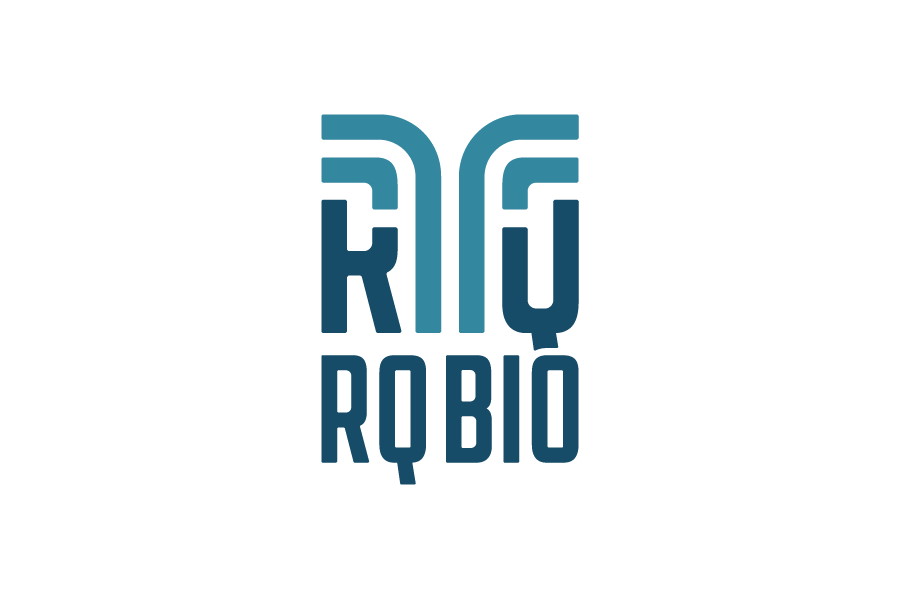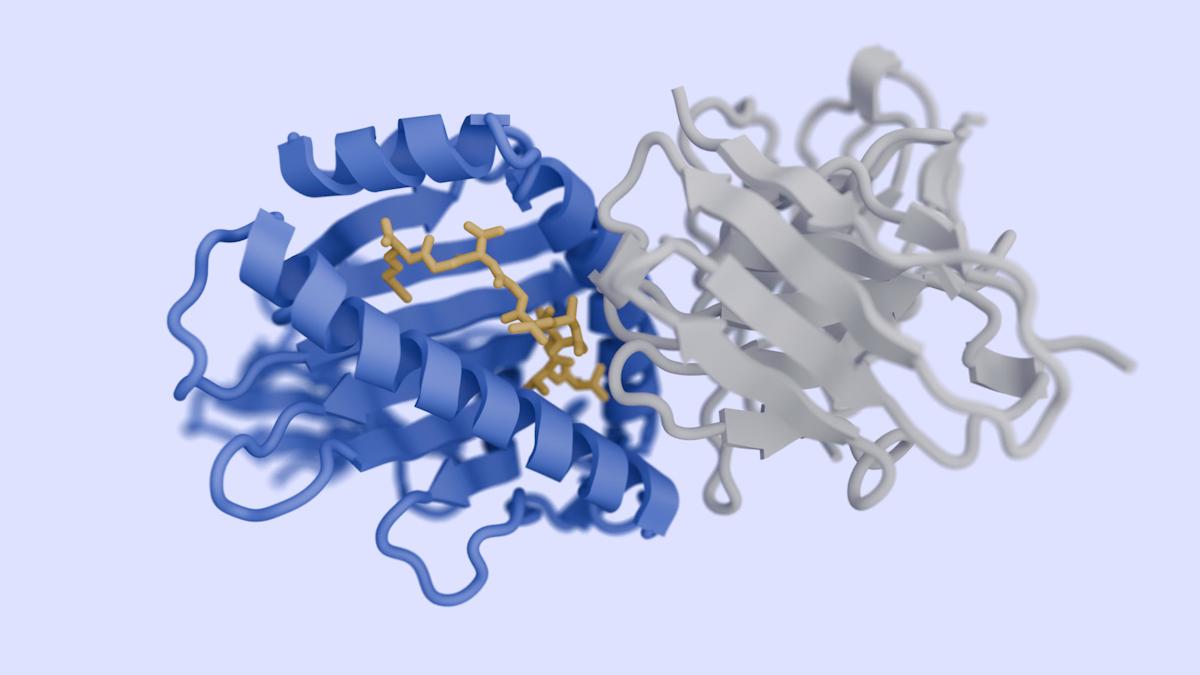AstraZeneca buys into startup RQ Bio's COVID antibodies

Brand new UK startup RQ Biotechnology has been thrust into the spotlight after signing a $157 million licensing deal with AstraZeneca for monoclonal antibodies intended to protect vulnerable and immunosuppressed people from COVID-19.
The deal covers a portfolio of early-stage antibodies targeting SARS-CoV-2, adding to the pipeline of COVID drugs following AZ's already available Evusheld (tixagevimab/cilgavimab) therapy, which has been approved for pre-exposure prophylaxis of COVID-19.
Under the deal, AstraZeneca gets an exclusive, worldwide license to develop, manufacture and commercialise RQ Bio's existing antibodies against SARS-CoV-2, as well as first refusal rights to any additional candidates targeting the virus.
Evusheld is the first antibody therapy to be approved for COVID-19 prevention, and made $469 million for AZ in the first quarter of the year.
AZ's head of vaccines and immune therapies, Iskra Reic, said the RQ Bio deal "reflects our continued commitment to the discovery and development of new medicines to help prevent and treat infectious disease, including COVID-19."
London-based RQ Bio, led by former Sanofi executive Hugo Fry, is dedicated to developing antibody-based treatments and preventative therapies for vulnerable people at risk of existing, emerging or new viral threats.
The company has been set up with support from UK medical research charity LifeArc and the University of Oxford, and is focusing on antibodies that will retain activity against viral infections even if they mutate into new strains.
The deal suggests AZ sees long-term value in COVID-19 antibodies even as the pandemic appears to be loosening its grip, and perhaps a recognition that it will need follow-up drugs if emerging variants mean Evusheld's clinical value becomes diminished.
That has already happened to other antibody-based COVID-19 therapeutics, most recently GlaxoSmithKline and Vir Biotechnology's Xevudy (sotrovimab), which had its emergency use authorisation from the FDA revoked after it was found to be less effective against the Omicron BA.2 variant of SARS-CoV-2.
Meanwhile, in January, use of Eli Lilly's bamlanivimab/etesevimab and Regeneron's REGEN-COV (casirivimab/imdevimab) was restricted by the FDA, also because they lacked efficacy against Omicron.
"Our vision is to build on our successful debut with neutralising antibody therapy for SARS-CoV-2 and develop innovative medicines to address current and evolving unmet needs in other viral infectious diseases," said Fry.
"By combining our expertise and innovative excellence in core areas we have created a smarter approach to antibody generation making us uniquely positioned to deliver fast patient impact."












